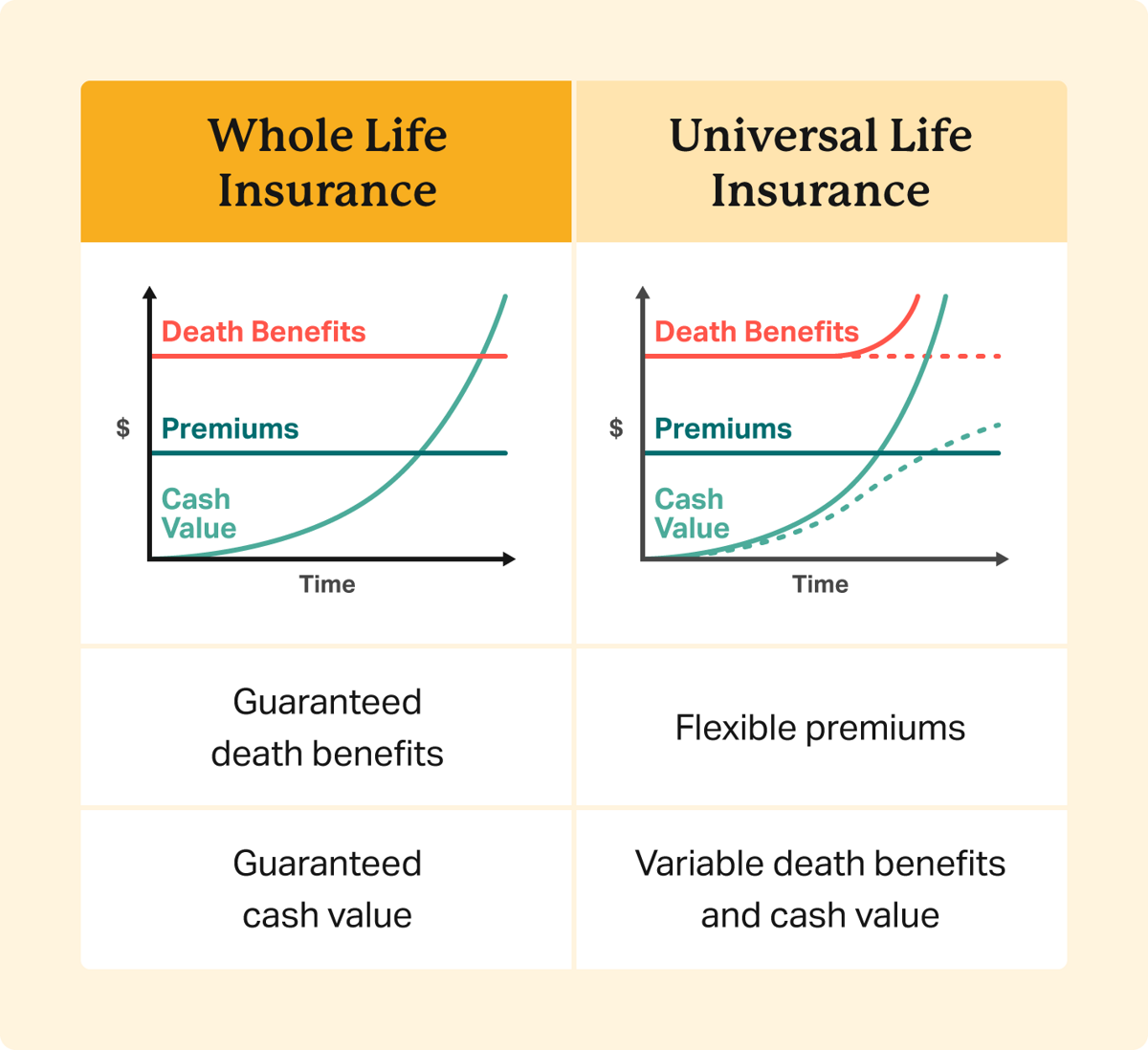LIFE INSURANCE
Life insurance is a policy or contract between you and a life insurance company that can last for the rest of your life or for a specific time period. This contract guarantees that your beneficiaries will get a tax-free cash payment (also called the death benefit) when you die.

